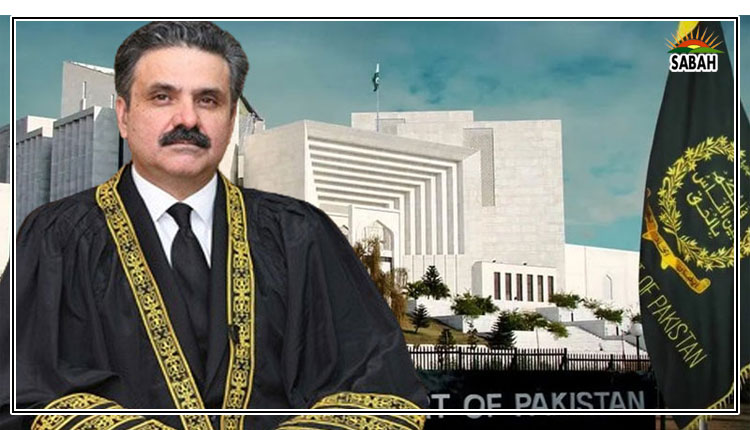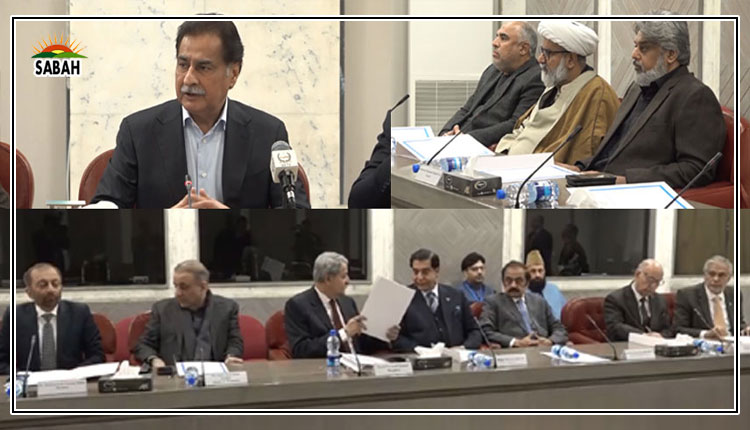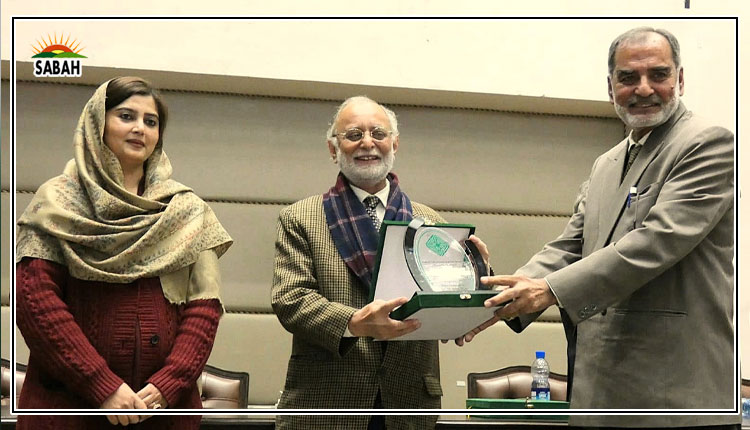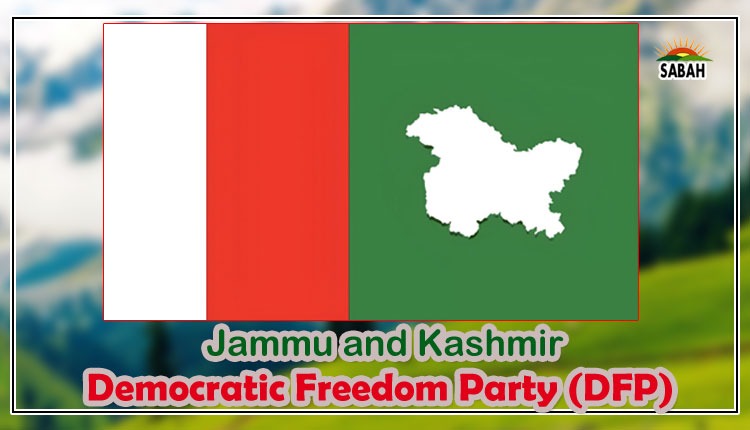Consequential verdict…. Usama Khawar
The Supreme Court decision striking down the Supreme Court (Review of Judgments and Orders) Act, 2023 has sent shockwaves across Pakistans political and legal landscapes.
Passed by parliament in May 2023, the review law aimed to bolster the Supreme Courts authority in reviewing its own judgments and orders, particularly those issued under Article 184(3) of the constitution, which empowers the court to address matters of public importance. Additionally, the act granted individuals aggrieved by Article 184(3) orders issued prior to its enactment, including figures like Nawaz Sharif and Jahangir Tareen, the right to file review petitions to challenge their lifetime disqualifications.
The Supreme Courts verdict, announced by Chief Justice Umar Ata Bandial and a three-member bench on August 11, 2023, declared the law unconstitutional and void. This decision carries multifaceted implications, reaching deep into the political realm, the interplay between institutions, and the integrity of the judiciary itself.
The courts rationale for invalidating the review law rested on a foundation of constitutional norms. It determined that the law transgressed the boundaries set for parliament, intruding into the jurisdiction that belongs exclusively to the judiciary. According to the court, the Supreme Court (Review of Judgments and Orders) Act, 2023 posed a threat to the binding nature and finality of its judgments and orders, a condition that could potentially lead to confusion and uncertainty within the legal framework.
Importantly, the court highlighted that its review jurisdiction was already regulated by existing rules, rendering further legislative action redundant. The court emphasized that a review petition was not tantamount to an appeal, but a restricted remedy available solely for rectifying apparent errors on the record. Moreover, the court underscored that matters such as the composition of benches and the appointment of advocates fell squarely within the purview of the chief justice, beyond the scope of parliamentary intervention. The court also critiqued the review law for its selective treatment of Article 184(3) cases, neglecting other cases within the courts appellate or advisory jurisdiction.
Beyond its legal implications, the Supreme Courts decision also affects political aspects like Nawaz Sharifs potential return and the delicate equilibrium between the Supreme Court and parliament two foundational pillars of the state. The verdict, in essence, reasserts the Supreme Courts dominion over parliament, marking a robust rejection of legislative authority.
The Supreme Court (Review of Judgments and Orders) Act, 2023 was initially seen as a response to what some perceived as judicial activism during the tenure of former CJ Saqib Nisar, whose court took up numerous suo-motu cases addressing issues ranging from water scarcity to healthcare to corruption. The law was also conceived as a mechanism to recalibrate the power dynamics between the executive and the judiciary while promoting enhanced parliamentary oversight over the Supreme Courts decisions. However, the Supreme Courts decision discredits these arguments, firmly upholding its autonomy and independence from external pressures. By challenging parliaments competency to pass such a law, the court reaffirms its role as the primary guardian and interpreter of the constitution.
However, the timing of the verdicts announcement, coinciding with the dissolution of the National Assembly, adds layers of complexity to the situation. This synchrony invites scepticism about the courts impartiality, hinting at potential political alignment, also raising about the motivations guiding the courts decision-making process and whether the court is adhering to its constitutional mandate or acting on its own agenda.
Moreover, the verdict exposes internal dynamics within the judiciary itself. It appears to be a calculated move by some justices to safeguard their decisions from potential challenges. Paradoxically, this strategy could inadvertently limit the incoming chief justices authority. The verdict effectively closes the door on revisiting past decisions made by similar-minded justices, while simultaneously bolstering the significance of the original judgment-delivering benches when review is permissible. As a consequence, this could pose legal obstacles for incoming Chief Justice Qazi Faez Isa in forming larger review benches based on his preferences. This aspect holds implications for overturning judgments rendered during the tenure of the outgoing chief justice.
Furthermore, the Supreme Courts ruling introduces complications for the impending decision on the Supreme Court (Practice and Procedure) Bill, 2023. This bill, designed to streamline the Supreme Courts operational processes, was suspended by a bench led by Chief Justice Umar Ata Bandial. The bill seeks to curb the suo-motu powers of the chief justice, introduce mechanisms for public interest litigation, regulate the formation of benches, provide guidelines for review petitions, and enhance transparency and accountability within the Supreme Court.
Widely viewed as a progressive and reformist measure, the bill aimed to bolster the courts credibility and efficiency. However, the Supreme Courts decision casts a shadow of uncertainty over the bills future, potentially rendering it susceptible to challenges or being disregarded by the outgoing chief justice and his associates.
In conclusion, the Supreme Courts ruling to annul the Supreme Court (Review of Judgments and Orders) Act, 2023 carries profound implications for Pakistans political landscape, institutional dynamics, and the integrity of the judiciary. It resonates through the prism of Nawaz Sharifs potential return, amplifies the power dynamics between the Supreme Court and parliament, and influences the authority vested in the incoming chief justice. Additionally, the decision unveils the intricate interplay between political and judicial interests within the Supreme Court. Ultimately, it poses significant questions about the Supreme Courts role as an unbiased institution, entrusted with safeguarding the constitution and protecting the rights of the citizenry.
The writer is a practising lawyer and teaches law at the Lahore University of Management Sciences (LUMS). He studied law at Columbia University, New York.
Courtesy The News












